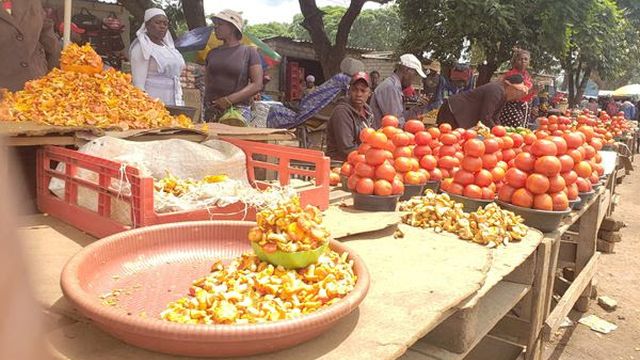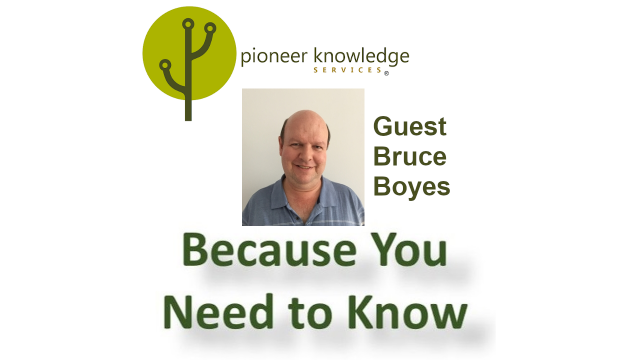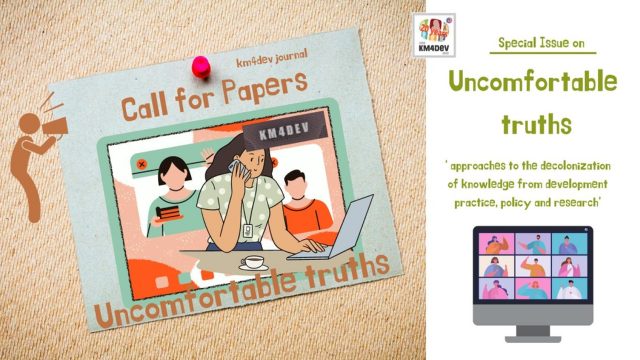
Communities are not always waiting for external knowledge
Contrary to most top-down extension approaches promoted in most African countries, communities are not always waiting for external knowledge but are often innovating and developing home-grown coping mechanisms. That is why it is important to first assess knowledge gaps first before introducing an idea or innovation. Assessing knowledge gaps is a recognition that we are not trying to bring solutions from outside but building on existing strengths. Surfacing local community expectations assists in tailor-making external knowledge to suit the context.
Initial community engagement helps in assessing needs and validating existing knowledge including knowledge gaps that may need to be filled with new knowledge. Without a humble approach to assessing knowledge needs and gaps, financial institutions may assume communities do not have local financial models when such models have existed and sustained communities for decades. Assessing knowledge gaps can also guide development agencies in designing proper exit strategies. Unfortunately, most development interventions do not invest in exit strategies as they are afraid that building a strong knowledge foundation will render their roles irrelevant. If that was not the case, by now, visible structures and tangible impact will be the order of the day in communities where development agencies have implemented programmes for more than 30 years.
Instead, each new intervention is keen to conduct its own baseline survey when similar interventions have been implemented in the past years, implying there is no knowledge or lesson learning from past intervention. Where interventions are introduced without understanding the local knowledge base, the tendency has been to disrupt community socio-economic systems that have existed for years. For instance, bringing food aid often disrupts community coping mechanisms. It is the same way external financial models in the name of financial inclusion end up destroying community internal savings and lending models such as indigenous cattle-centric models in which farmers with too many cattle lend some cattle to farmers without. The cattle owner benefits from having someone look after his extensive wealth while the one who receives cattle benefits through draught power and milk for the household. Such community models have become very important in strengthening the socio-economic fabric within African communities.
How can you tell if a community has been exposed to diverse knowledge?
When conducting a needs assessment and knowledge gap analysis, smart researchers can use their observation skills to notice what people may not tell them. The following signs can show the extent to which a community has been exposed to diverse knowledge pathways:
- The way people express their expectations when you ask them indicates you are not starting from zero.
- Community experiences and activities – what they are doing and what they have done – fenced homesteads, organized pastures, gardens and other status indicators.
- Size of land under particular commodities – for instance, while some communities in Mwenezi district of Zimbabwe have been planting less than a hectare under finger millet, farmers in Gutu district have been planting two to four hectares of finger millet. This speaks to knowledge promotional activities and markets to which the two different communities have been exposed on the same crop. It also reveals potential for growth in using finger millet as a local economic driver.
- Diversity of production practices known by local farmers and how they can articulate them.
- Community vegetation cover – This can tell you about rainfall patterns especially types of trees which also determine the kind of production in the area. Soils can also communicate the types of crops that do well in the area and possibilities of introducing new value chains.
- Level of community development in terms of activities at local business centres and vibrancy at those business centres including local market infrastructure and transport system. This indicates knowledge exchange practices, buying power and levels of income in the community. It also communicates levels of education and investment in the area. Bigger business centres speak to more services and income levels which drive local businesses and entrepreneurship.
- Where there is a dynamic market, local traders can explain the extent to which a community depends on other distant communities for food. By going out to hoard commodities, traders know how much they are spending to buy food from other communities – for instance, in Zimbabwe, food traders can tell the extent to which Gutu district spends a lot of money buying food from Chipinge and other districts. Masvingo province spends millions of dollars buying food from Manicaland yet Masvingo has more dams than Manicaland.
Very important but not obvious
While most of the above signals are not obvious to policy makers and development agencies, curiosity will assist in thinking outside the box. Depending on approaches used to surface existing community knowledge, ordinary farmers can express the fact that academic qualifications have reached high inflationary levels as seen through many graduates chasing too few jobs. Basically, this shows policy makers have failed to advise communities on how to plan their investments, leading to no return on investing in education. For instance, many farmers have sold their cattle to send their children to school but the educated young people are not able to find meaningful employment to be able to pay back their parents for sending them to school. It is like producing a product without a market or building a house and stocking it with everything but failing to sell what is inside.
Careful interaction with communities can also reveal how the indigenous commerce model anchored on African mass food markets is rising from the ashes of the Western industrial model. Most of these trends are not prescribed by government but people are coming up with their own innovations. Communities are also very worried about how their food systems continue to be colonized. For instance, if a community has 100 food commodities and 30% of that constitutes indigenous food, it means much of that community’s resources are supporting colonial food systems. For organizations interested in using agriculture and food systems to achieve an equitable world with decent employment, the first step in decolonizing food systems is helping communities and policy makers in gathering, recognizing and protecting knowledge on indigenous food systems. This can begin with documentation as part of increasing the visibility of best practices.
Curse of limited investment in evidence generation
African countries are yet to fully invest in generating evidence which shows how their economies can benefit in terms of employment, import substitutions and other benefits if they direct more resources to building local markets and food systems. Once that is done, it becomes possible to use cost-benefit-analysis to reveal the extent to which it is beneficial for an area to be dominated by tobacco production. It is also through rigorous evidence that the big difference between consumptive-driven economic development and foreign-currency-driven economic development becomes visible. Ideally, development should be about making a difference among ordinary people as opposed to amassing individual material wealth. If a country records USD$2 billion from mining, how will that income be distributed to communities equitably? But if communities earn USD$2 billion from agriculture and food systems, the benefits will go directly to ordinary people and households. Unfortunately, African countries have adopted colonial systems that have no direct impact on people’s lives although such systems take resources from the fiscus.
Charles Dhewa, CEO, Knowledge Transfer Africa
Email: charles@knowledgetransafrica.com / charles@emkambo.co.zw / info@knowledgetransafrica.com
Website: www.emkambo.co.zw / www.knowledgetransafrica.com
Mobile: 0772 137 717 / 0774 430 309 / 0712 737 430
Article source: eMkambo blog. Reproduced by permission.
Header image source: Author supplied.






